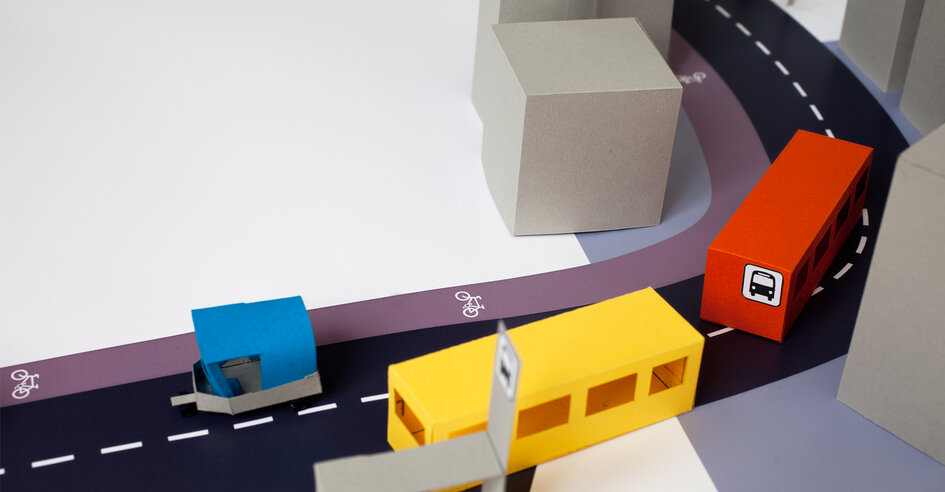On 21-22 October, IRF will be hosting its annual autumn conference online under the theme “Innovation: Charting Pathways to Sustainable Mobility”. With fast-growing populations leading to significant urbanisation, the demand for new transport infrastructure is predicted to see massive growth in coming decades. The new challenges: the increasing expectations of businesses, service users, and the public and the need to reduce carbon emissions and waste.

The International Road Federation (IRF) is a global, independent, not-for-profit organization with headquarters in Geneva, Switzerland. Active since 1948, IRF is a membership-based organization, representing leading corporate and institutional players drawn from the road and mobility sectors worldwide. Its mission is to promote the development of roads and road networks that enable access and sustainable mobility for all. Its approach is centered on key strategic components of knowledge transfer & information sharing, connecting people, businesses, and organizations, and working with policy & advocacy.

Its annual conference titled Innovation: Charting Pathways to Sustainable Mobility means finding innovative ways to fulfill the need of building new roads, maintaining, upgrading, and operating the existing road network while aligning these actions with the provisions of the Paris Agreement – targeting lower greenhouse gases – and those of the SDGs looking for an equitable, safe and sustainable mobility for all.
Our collective task: create a truly safe, sustainable, and efficient multi-modal transportation system. For this to happen, we need to learn to think and do things differently.

The arrival of new digital technologies is enabling efficiency improvements in existing transport systems, as well as making them more user-friendly and sustainable. Integration across transport networks and modes is driven by the growing ability to make real-time system data and information available to operators and users.
None of the extraordinary mobility changes we are witnessing would be possible without proper infrastructure. Yet transforming mobility requires more than just technology and infrastructure. Transforming mobility requires innovation on all fronts: in the way we think, we plan, we design, and we deliver and manage transport systems.

